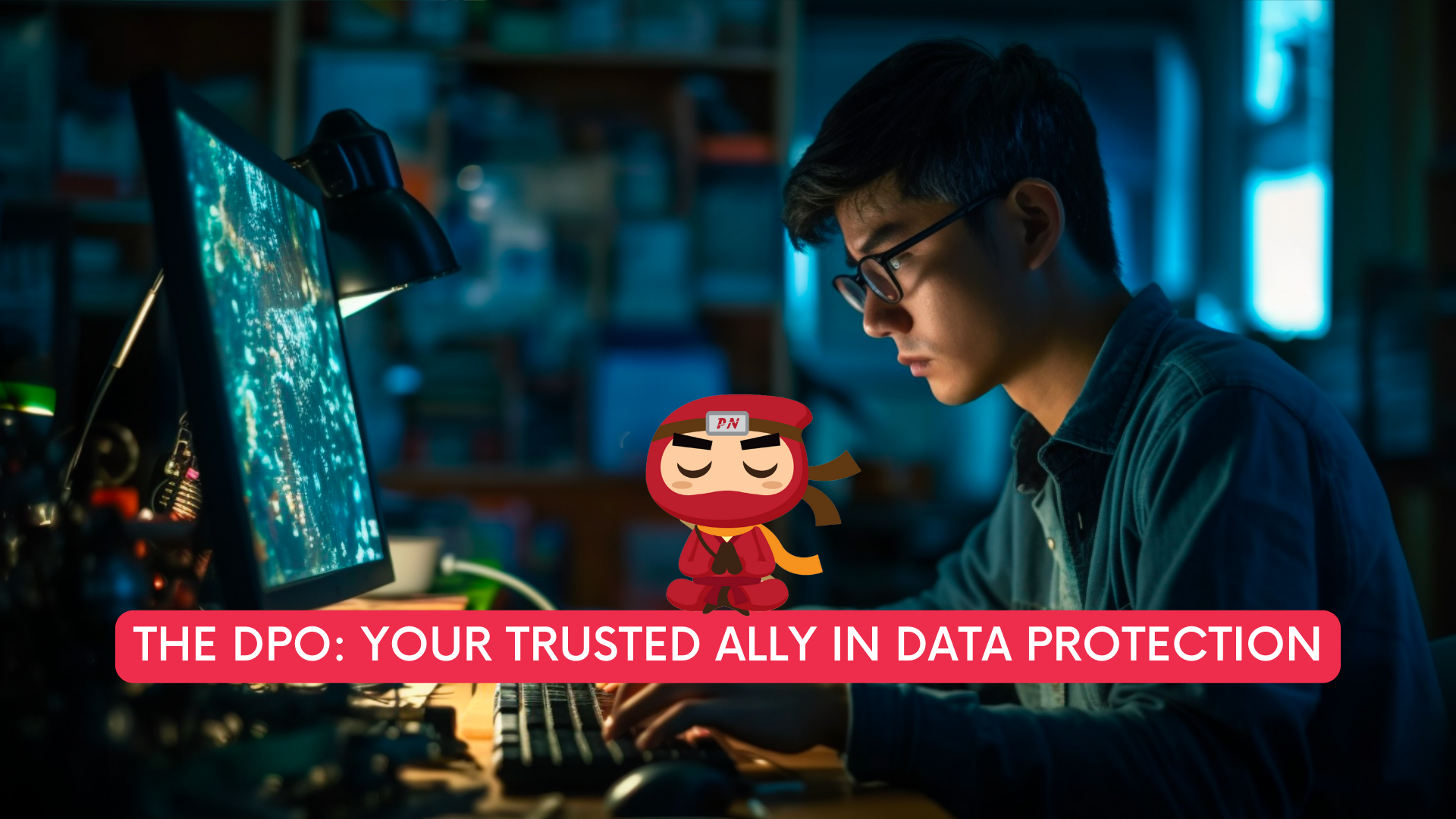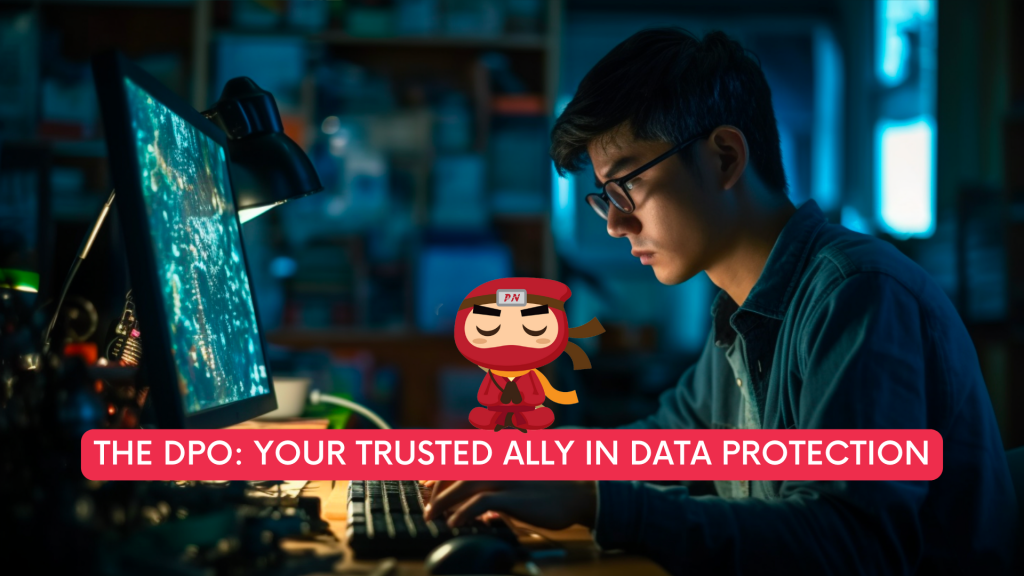KEEP IN TOUCH
Subscribe to our mailing list to get free tips on Data Protection and Cybersecurity updates weekly!



The world’s increasing reliance on data in a multitude of sectors has emphasized the need for stringent data privacy and protection measures. Businesses collect, process, and store vast amounts of data, some of which can be sensitive or personal. This data is often crucial to their operations, but mishandling it can lead to privacy breaches and potential legal consequences.
To manage these risks, many jurisdictions have enacted data protection regulations. An example is Singapore’s Personal Data Protection Act (PDPA), which governs the collection, use, and disclosure of personal data by organizations. It also outlines the rights of individuals to protect their personal data.
The primary responsibility of a DPO is to ensure that an organization adheres to relevant data protection laws. Their role typically involves developing and implementing data protection strategies, educating the organization about compliance requirements, and acting as a point of contact for authorities and individuals concerning data protection matters.


In a digital age marked by increasing data breaches and regulatory scrutiny, the DPO serves as a trusted ally in protecting your organization’s reputation, fostering customer trust, and ensuring legal compliance. By staying ahead of regulatory changes and ensuring that your organization adheres to best practices in data protection, a DPO not only mitigates the risk of non-compliance but also enhances your organization’s credibility in the eyes of customers and partners.
Your appointed DPO can work with you on your PDPA compliance, ensuring that there will be policies in place to make sure that the handling of personal data is PDPA compliant. This includes promptly responding to the PDPC with their queries to expedite the investigations and prevent a harsher penalty from the Commission.
A Data Protection Officer (DPO) oversees data protection responsibilities and ensures that organisations comply with the Personal Data Protection Act (PDPA). Furthermore, every Organization’s DPO should be able to curb any instances of PDPA noncompliance as it is the officer responsible for maintaining the positive posture of an organisation’s cybersecurity.
DPOs complement organisations’ efforts to ensure that the organisation’s methods of collecting personal data comply with the PDPA. It also ensures that policies are set in place to make sure that there will be no instances of data breaches in the future.
Don’t wait any longer to ensure your organisation is PDPA compliant. Take our free 3-minute PDPA Compliance Self-audit checklist now, the same “secret weapon” used by our clients to keep them on track. Upon completion, we will send you the results so you can take the necessary action to protect your customers’ data. Complete the free assessment checklist today and take the first step towards protecting your customers’ personal data.